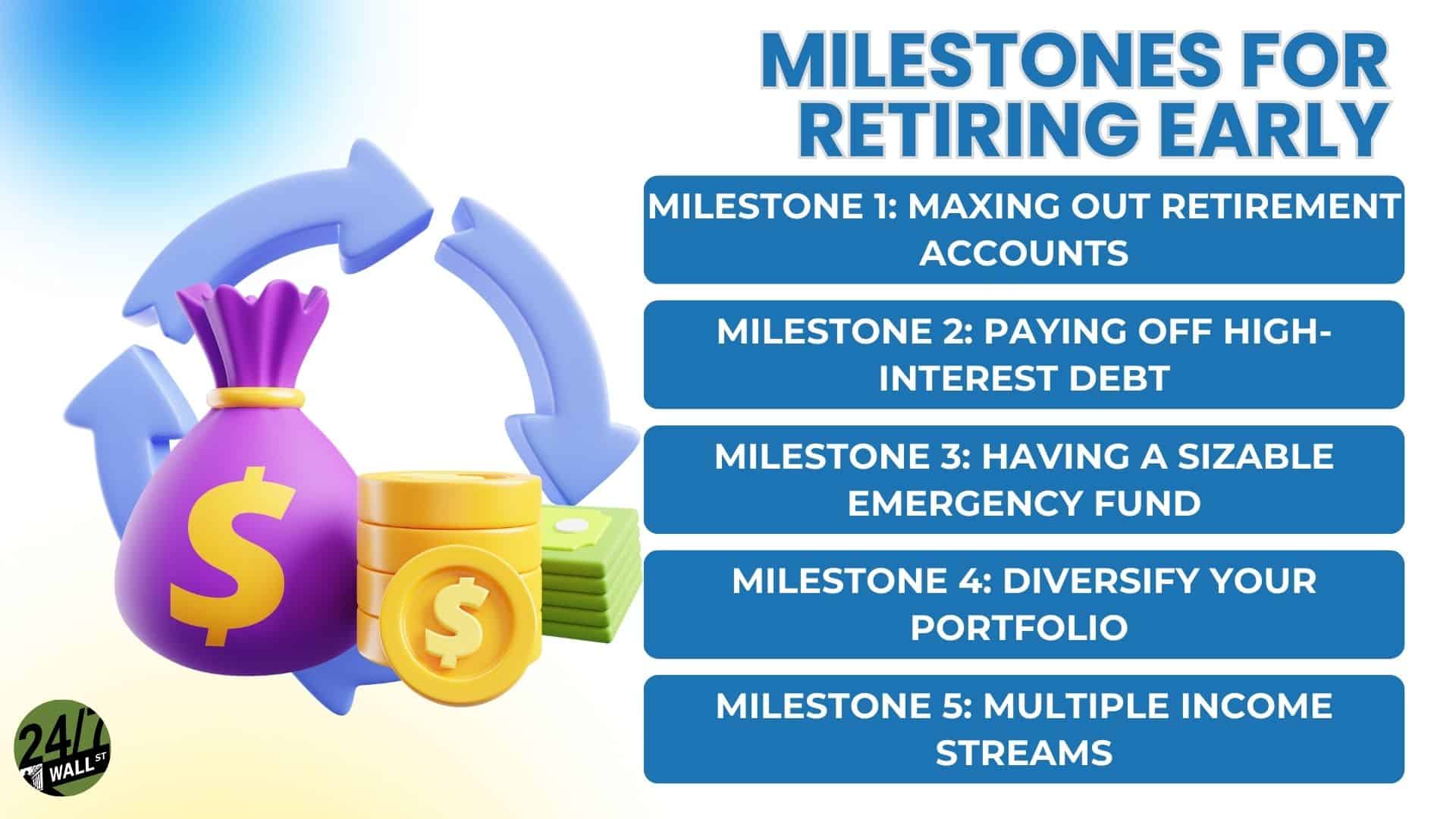Personal Finance
"Is this path realistic?": Millennial worker plans to bank $3 million in the next 5 years and retire - will it work?

Published:
Last Updated:

While much has been said about Millennials’ desire to work hard, this Redditor and his post in the r/ChubbyFIRE subreddit prove that the dream of working hard and retiring early is alive.
What you have in this post is someone in their mid-30s, works in tech, and has already earned a net worth of $1.85 million. Along with his spouse, who is in her early 30s, they want to retire in five years with a $5 million net worth.
There is no question that this Redditor is well ahead of the game in making a significant living in his mid-30s while also accruing a lot of real estate. However, there have been questions about how much of this net worth should be invested in real estate, especially if it’s not generating significant cash flow.
I found this post incredibly interesting, as I don’t know if the Redditor got the exact answer he wanted. While everyone has different ideas on generating income, commenters on this post pushed hard into the idea of being too tied into real estate.

To best determine if this Redditor’s path is realistic, we need to break down the scenario further. Let’s start with the idea that we have a net worth of $1.85 million. This net worth includes $1.25 million in real estate equity and around $600,000 in stocks and cash.
Driving this quickly growing net worth is a current income of around $700,000 per year, of which he is planning to accrue additional savings of approximately $310,000 per year for the next five years. There is no question this is aggressive saving, and it tells me there is a good chance they are living rather frugally.
Supporting this idea that they are living beneath their means is that they spend approximately $180,000 per year, of which $96,000 is spent on a mortgage. However, he notes in this thread that he could bring their expenses down to $130,000 per year if needed. This is a dramatic drop in expenses, and we don’t get much more detail, which leaves some unanswered questions.
While I cannot give educated financial advice, I, along with other Redditors in this thread, fully agree there is too much money tied up in real estate. What’s driving this concern is that he has two rental properties that are both cash-flow neutral. It’s wild to invest in real estate without driving any cash flow in the hope the market continues to go up. As the market could reverse at any time, this seems incredibly risky.
One thing missing here that makes any recommendation hard is that the Redditor mentions they plan to have children but hasn’t mentioned anything about a 529 plan. What’s concerning is that no mention is made of sending a kid to a non-public college, which could cost upward of $300,000, which has to be factored in somewhere.
In my opinion, this couple needs to seriously consider withdrawing from heavy real estate investments. Some Redditors even suggest that his net worth is only $600,000 without the real estate, which makes retiring in five years extremely unlikely.
I also wonder why someone making $700,000 a year would want to give up a job at such a young age. Yes, retiring sounds great, but working another few years, even another ten years, would dramatically impact overall net worth, especially with young children and the unexpected expenses they can bring.
Ultimately, I think this Redditor is getting ahead of themselves, thinking they can retire early. If they sell the real estate and convert that money to cash to be invested in ETFs, Vanguard, or even a mutual fund, it could become positive cash flow. This should be the first move this Redditor makes.
Separately, knowing they are also looking at rising costs with children between living expenses, healthcare, education, insurance, etc., it doesn’t seem like retiring early, even with a $5 million net worth, is a practical scenario.
If this were me, I would step back and refresh my entire portfolio. If he can’t get the real estate to start generating cash flow, he should keep working for a few more years to offset increases in the cost of living.
Retirement can be daunting, but it doesn’t need to be.
Imagine having an expert in your corner to help you with your financial goals. Someone to help you determine if you’re ahead, behind, or right on track. With SmartAsset, that’s not just a dream—it’s reality. This free tool connects you with pre-screened financial advisors who work in your best interests. It’s quick, it’s easy, so take the leap today and start planning smarter!
Don’t waste another minute; get started right here and help your retirement dreams become a retirement reality.
Thank you for reading! Have some feedback for us?
Contact the 24/7 Wall St. editorial team.